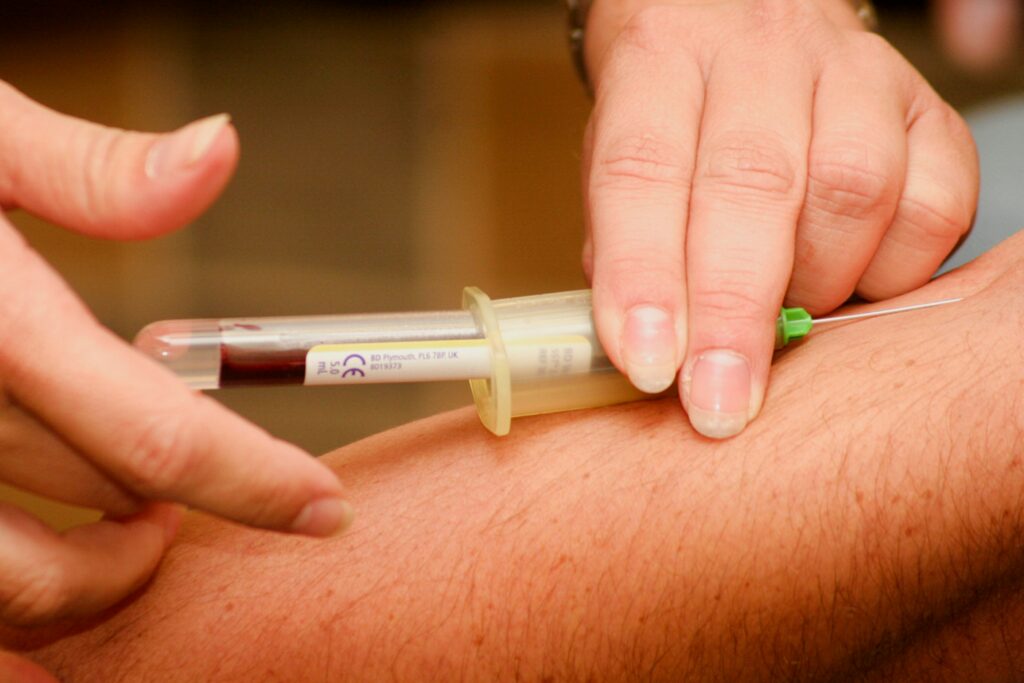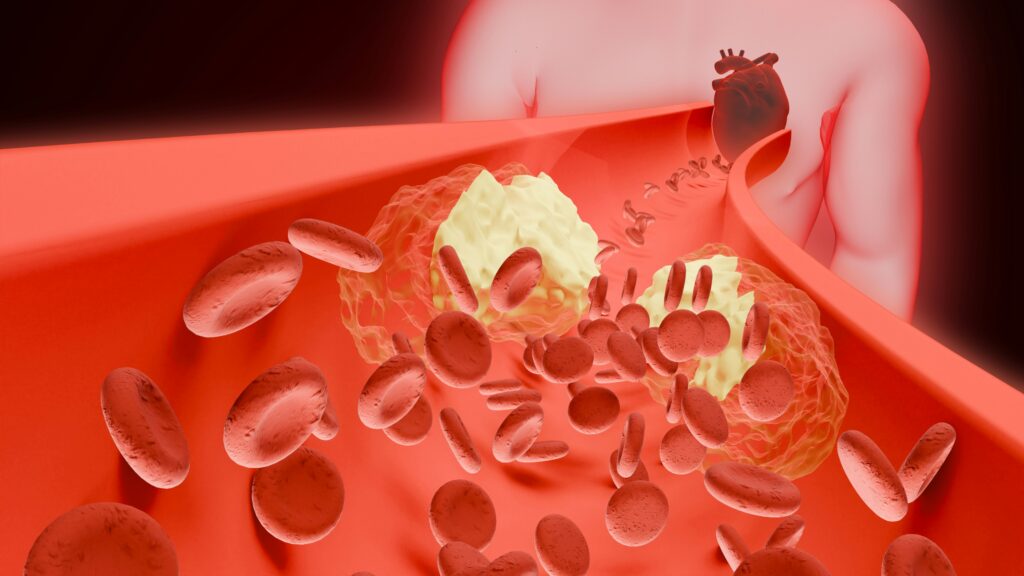Battling Lows in people with Type 1 Diabetes
Battling Lows in People with Type 1 Diabetes
The scariest thing for people with type 1 diabetes is the constant fear of going low and passing out. This fear becomes especially real when you are doing things that are dangerous like driving, sleeping, or being alone. What if I pass out behind the wheel or what if I go low while sleeping and don’t wake up? How do we navigate and be proactive to limit the number of lows that happen to us? I’m going to give you some tips and tricks that I use every day to keep my lows at bay.
The ultimate goal as diabetics would be to limit the number of lows or at the very least make them less severe. How can we achieve this goal without running high? First, we must identify when and why we are be going low. Ask yourself if there an extended period of time that you go without eating, or are you exerting a lot of energy, are the basal rates or long-acting insulin dosages too high? Did I not count the carbs right for a meal and just give too much insulin? The answers to these questions will usually explain why you are low but there is the rare occasion when none of these are the case. You could be sick, stressed, or taking a new medication. Whichever the case is if the lows keep reoccurring mention the problem to your endocrinologist. They may know the reason why and be able to fix it quickly. The first tool I would recommend getting would be a continuous glucose monitor if you can afford one.
If you can’t afford a CGM make sure you are checking with your meter 5-6 times a day minimum. I would even set an alarm to check at 2 A.M. to see if a correction is necessary. I aim to be 150mg/dL when I go to bed and if I’m below that I have a snack with carbs and protein (ie: cheese and crackers, or apple with peanut-butter, etc.) to stabilize my numbers during the night. I also keep juice boxes in my nightstand just in case I don’t feel like going downstairs when I’m sleepy and low. It can be scary when you check to find out that you are low, drink some juice or have a snack and your numbers still don’t come up. Those nights are the hardest when you stay up for hours and your numbers are still low. Rather more likely if you feel so sick from the low that you overeat and suffer from a high later. Thus inducing the rollercoaster effect and feeling sick for quite a while.

While driving can be a bit of a challenge too. I try to eat on time if I have a good bit of driving to do that day. However, you still have to be prepared for anything. By keeping a dedicated diabetic supplies bag in the car easily within reach with anything you might need while you are out you are being proactive. Have extra syringes, pump and CGM sites, insulin, extra snacks, juices, and even a glucagon kit would be smart. If you don’t already have a medical alert bracelet, necklace, or band of some sort please go order one now and wear it anytime you are out of your home. It’s extremely helpful to first responders and medical staff should you ever be in need of their assistance. Include you have type 1 diabetes and if you have any other medical conditions plus any allergies you may have. If you know your blood type include that and if you can’t have MRIs. There should also be a place on your phone to set up medical information and emergency contacts to notify in case of emergency. Go ahead and set that up too, you never know when something like this could save your life.
School and work are also tricky to maneuver with scheduled eating times or not being allowed to eat in certain places and having to coordinate meetings. It can be very hard to handle when your blood sugar is crashing. If you are in school make sure all your teachers and professors know you are a diabetic so if they see you look a little off or eating in class, they know it’s because of a medical issue and you aren’t trying to be a distraction. When I was in elementary school my mom would bring a box of juices to my teacher to keep in the classroom if I ever needed one which worked out great. If you work in a 9-5 setting inform your boss and co-workers that you have type 1 diabetes and tell them what to do if they see you acting weird. Let your boss know you may have to eat at inconvenient times to fix a low here and there at work. Give them a guide of what to do if you were to pass out. Find a close friend at work or school and show them where you keep all your medical stuff in case someone has to help you.

I don’t write this to scare anybody, we as diabetics know the consequences of lows can be devastating with seizures, comas, and even death as possible outcomes. The reason I write this is to provoke forethought and prior planning to prevent and treat lows as quickly as possible so the aforementioned isn’t suffered. We can take care of ourselves! Yes, it stinks we have to deal with this so much and that regular people don’t have to carry around a suitcase of what if’s everywhere they go, and we do. However, we are smart and capable people who can beat having diabetes every day because we have diabetes, diabetes does not have us!
By: Miranda Montgomery (Type 1 diabetic for 20+ years) Admin for Type 1 Diabetes Support Group on Facebook with 13.2 K members